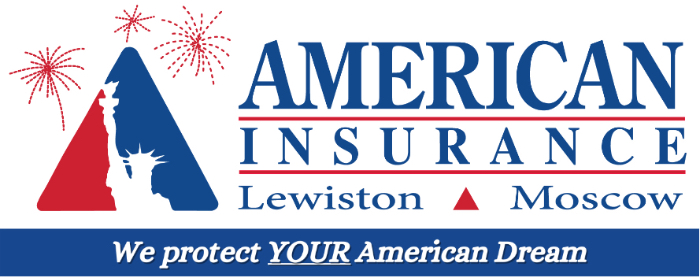Widespread flooding this fall in the eastern US has created a pool of more than 15,000 vehicles damaged by flood waters. The National Insurance Crime Bureau is warning consumers to beware of undisclosed flood damaged vehicles being offered on the used car market at lower than normal prices.
Although a flood-damaged vehicle can be an attractive purchase for a savvy consumer, it can lead to costly repairs and, potentially, life-threatening injuries. Most consumers do not have the training or the experience to spot flood vehicles. Moreover, their judgment may be swayed by a price that is just too good to pass up. But, like the old saying goes, if it sounds too good to be true, it probably is.
Consumers are encouraged to use additional sources of vehicle history information, including the National Motor Vehicle Title Information System (NMVTIS) which was designed to protect consumers from fraud and unsafe vehicles. NMVTIS can be accessed at www.vehiclehistory.gov. Another free source is VINCheck which allows anyone to check a vehicle identification number against the millions of claim records processed by participating NICB member insurance companies. If the vehicle was ever declared as salvage, a flood vehicle, or is an unrecovered stolen vehicle and reported by a participating insurer, you will be advised of that information in seconds.
It’s worth repeating that flood vehicle sales are perfectly legal when all parties are aware of the flood history. Many people buy them knowing that they will need to rebuild or replace affected parts. Also, salvage title vehicles are not acceptable to banks for financing and auto insurance companies will not knowingly provide “collision” or “other than collision” coverage. Generally, you must pay cash for the vehicle and can only insure them for liability, UM/UIM & medical. Yet even after that kind of post-sale investment, consumers can have a very good vehicle for a lot less than retail. But you have to know the vehicle’s history.
NICB recommends that consumers follow these tips to avoid getting ripped off by flood vehicle fraud:
•Select a reputable car dealer.
•Inspect the vehicle for water stains, mildew, sand or silt under the carpets, floor mats, headliner cloth and behind the dashboard.
•Check for recently shampooed carpet.
•Inspect the interior upholstery and door panels for fading.
•Check for rust on screws in the console or areas where water normally doesn’t reach.
•Check for mud or grit in the spare tire compartment, alternator crevices, behind wiring harnesses, around the small recesses of starter motors, power steering pumps and relays.
•Check inside the seatbelt retractors by pulling the seatbelt all the way out and inspect for moisture, mildew or grime.
•Check door speakers as they will often be damaged due to flooding.
•Have a certified mechanic inspect the vehicle prior to purchasing it.
•Ask about the vehicle's history. Ask whether it was in any accidents or floods.
•Inspect the title and ownership papers for any potential salvage fraud.
•Conduct a title search of the vehicle.
•Look under the hood for signs of oxidation. Pull back rubber boots around electrical and mechanical connections and look for these indicators: ferrous materials will show signs of rust; copper will show a green patina.
•Aluminum and alloys will have a white powder and pitting.
•Trust your instincts. If you don’t like the answers or the deal sounds too good to be true, walk away!
If you suspect flood vehicle fraud, call the NICB Hotline at 1-800-TEL-NICB (1-800-835-6422). You may also text your information to TIP411, keyword “FRAUD” and remain anonymous if you so desire. To learn more visit www.nicb.org.
Source: The National Insurance Crime Bureau, News Release – Nov 8, 2011



Discussion
There are no comments yet.